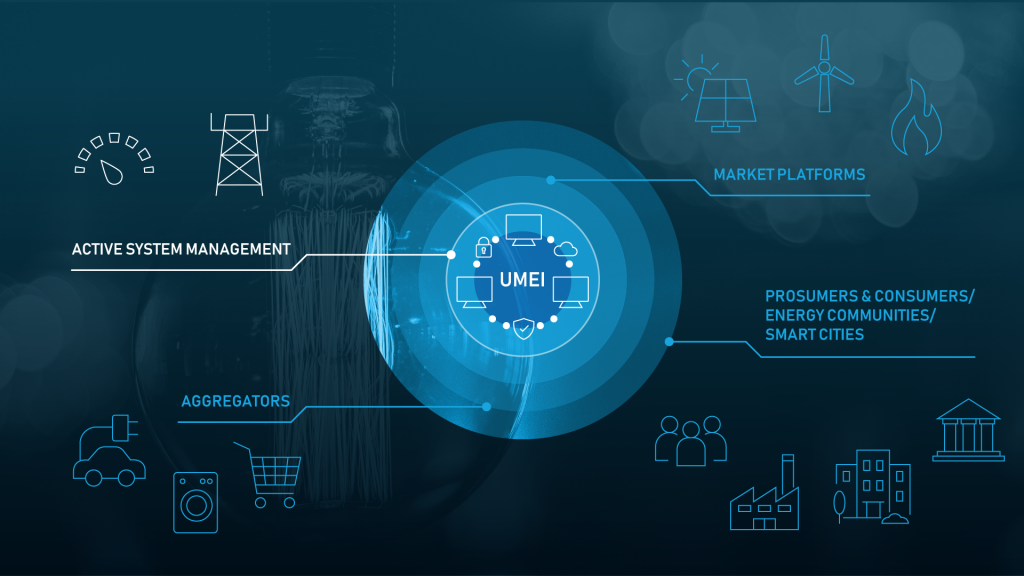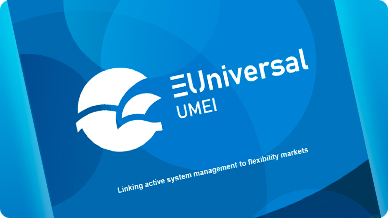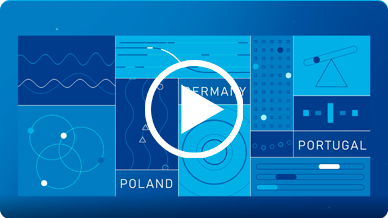But what is UMEI?
UMEI stands for Universal Market Enabling Interface.
UMEI is a set of evolving and universal rules that allow electricity systems to seamlessly interacting with flexibility markets.
How? Through a common modular, adaptable and future-proof interface (UMEI) which will facilitate the flexibility procurement and activation, and notably the consumer engagement.

EUniversal plans to develop a set of services and tools capable of upgrading the energy system to the new paradigm by providing further means to improve grid observability and controllability and delivering a universal interface between the grids and markets that will foster the uptake of flexibility, especially the capacity to engage consumers on the provision of those new services by means of their Distributed Energy Resources (DER).
All these new capabilities will be implemented and tested in three different geographical demonstrations to prove the universality of the concept, with the aim to up-scale and replicate it beyond the life of the project and across Europe.
In the end, rules, specifications, APIs and any further information will be made available universally for open use and adaptation as needed. Some of that work is already available at The UMEI API page.
The UMEI development will promote the standardisation of an open and safe communication environment between Distribution System Operators (DSO), market agents as well as Transmission System Operator (TSO) platforms.
Ultimately, this will allow for an effective market enablement, resulting in a futureproof interoperable ecosystem.
Key takeaways:
- UMEI is a concept as well as a set of rules that conveys an agnostic framework for the provisioning of flexibility services to system operators.
- It translates into open specifications of flexibility services and data exchange procedures between system operators and market parties, as well as other parties involved in the processes
- It is implemented through rules, standards and open APIs that follow a common and agreed set of principles which are independent of the implementation context.
Content Related


EUniversal Project Presentation Video
04.12.2020






